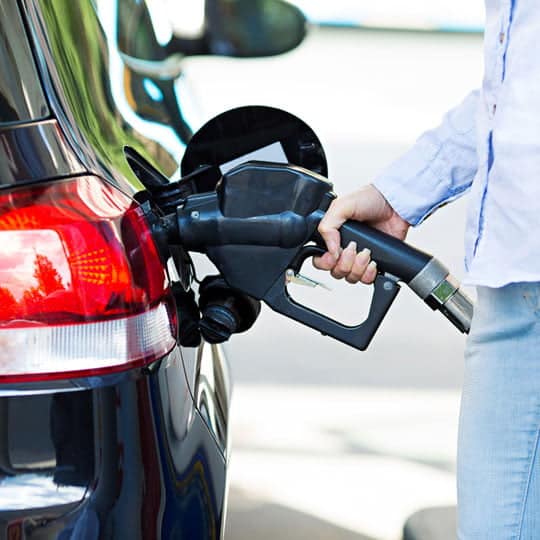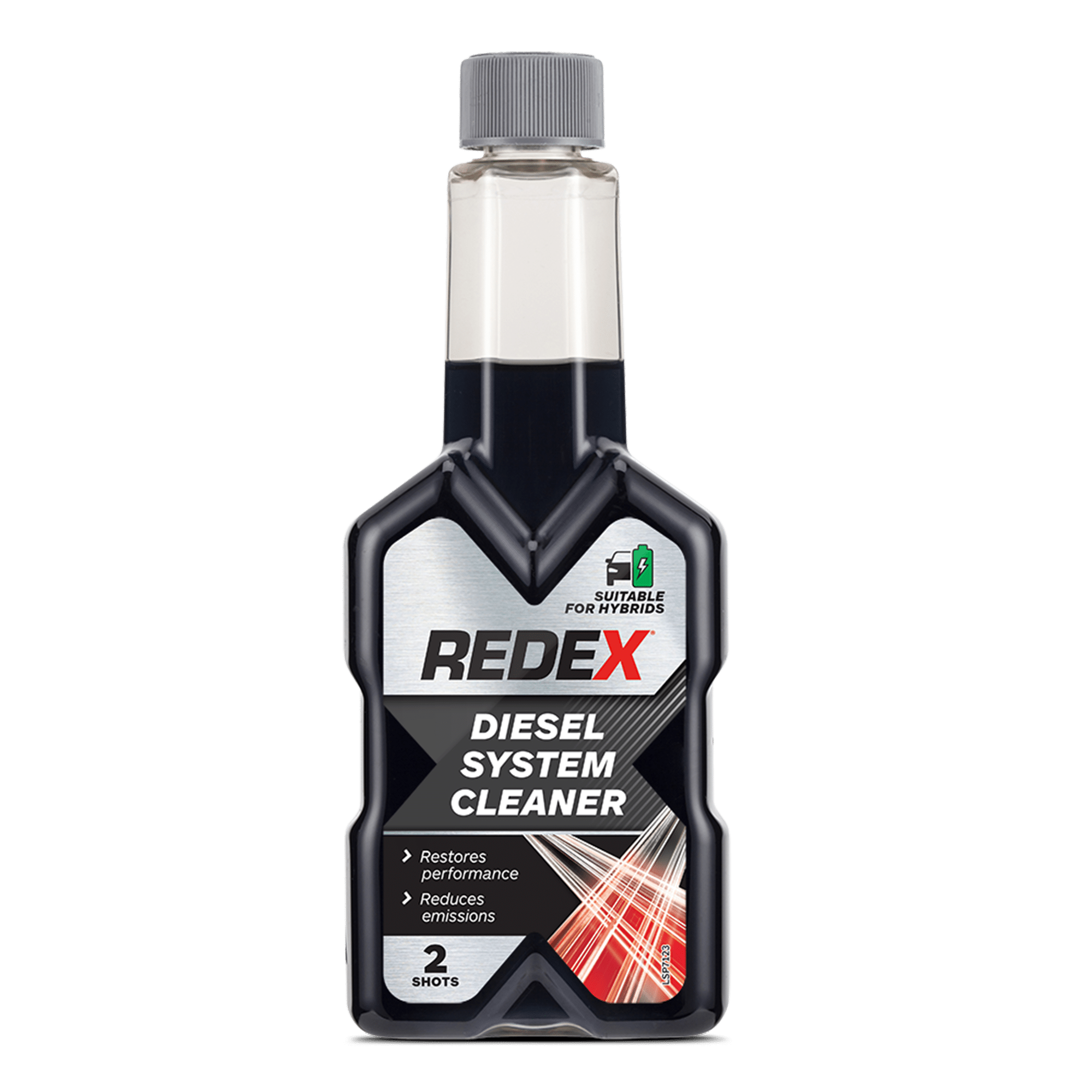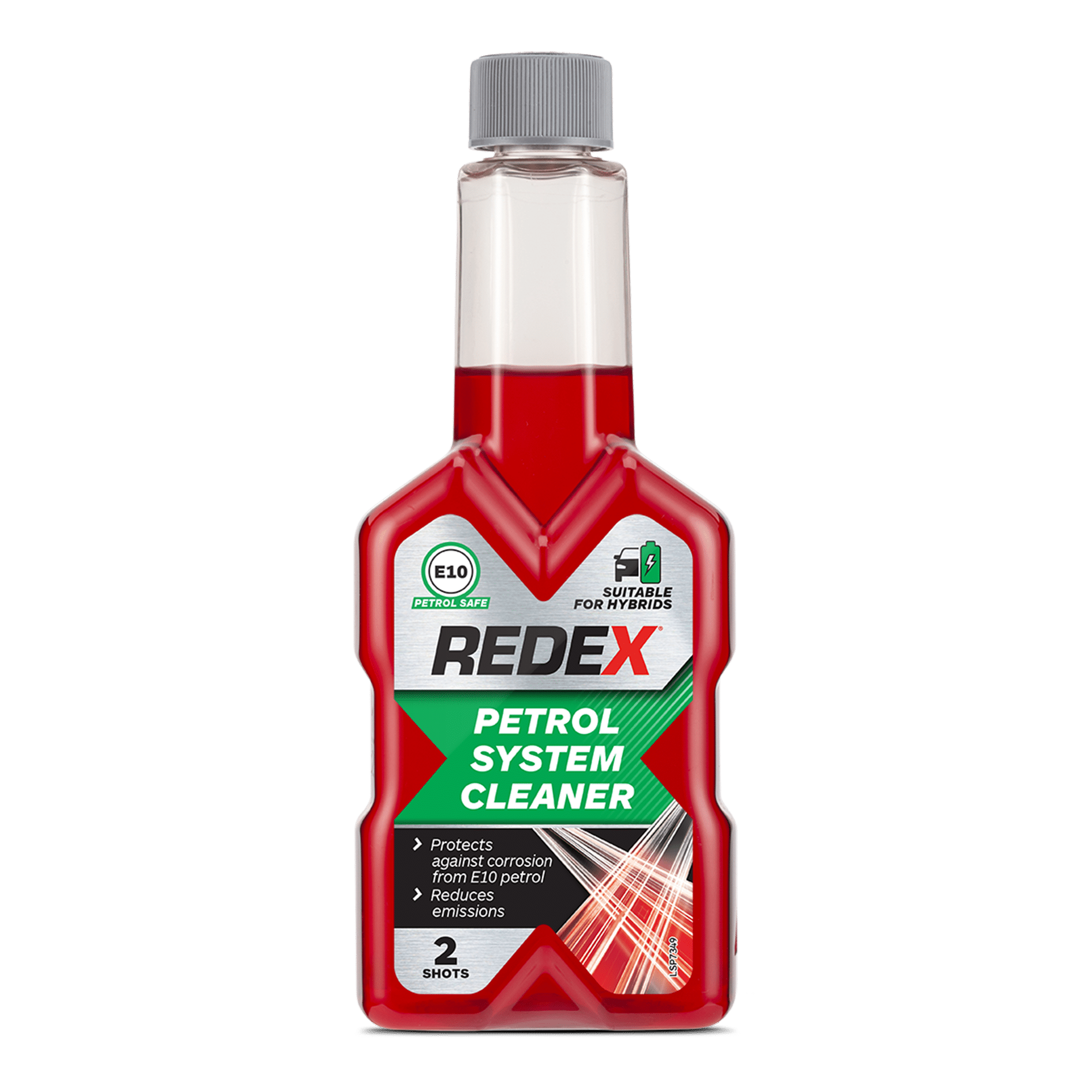The fluctuating cost of fuel means that UK drivers are always looking for ways to improve their car’s MPG performance.
We’ve put together these simple tips to improve your car’s fuel economy. They can be carried out immediately, which means that you could benefit from improved MPG on your next journey, saving you money and helping you to drive further.
1. Attention to the Engine
You don’t need us to tell you how important your car’s engine is. A well-maintained engine can maximise your MPG, helping you to save money on fuel.
To keep your engine in good condition, check the air filter, cleaning away dirt and dust which can restrict air-flow and reduce fuel economy. Where possible, avoid driving through dusty conditions as these can contribute to a clogged-up air filter. To extend the life of your air filter, carefully remove and vacuum it using the nozzle attachment.
Additionally, inspect and replace the fuel filter when your car’s manual suggests you do so. This is a small cost which could save you significant amounts of money in the long term.
2. Optimised Tyres
Choosing the right tyres for your car, and keeping those tyres in good condition, will help to improve your MPG. Select the narrowest tyres which are suitable for your car model and your driving style. This narrower build will contribute to less drag and a lower rate of fuel consumption.
This guide from Which? can help you select the perfect tyres for your car and personal needs.
When your car is fit with efficient tyres which offer a high rate of MPG, it is important to care for and maintain the tyres to ensure they continue to perform at their peak level. Properly inflated tyres can reduce fuel consumption by as much as 3% – leading to huge savings in the long term. It is recommended that you check their inflation every other time you fill up with petrol.
3. Measured Fuel Consumption
Try to never let the petrol tank fall below a quarter full, as this could put additional stress on the fuel pump. Avoid the temptation of letting the fuel indicator arrow drop deep into the red.
Redex petrol treatments and system cleaners reduce harmful deposits that build up and reduce fuel economy. Use regularly to keep your fuel system clean and to improve the efficiency and MPG.
4. Lighten the Load
The heavier the car, the more fuel it will use. You can make a big difference by removing anything which is not required for journeys in the near future, for example a child’s car seat or the golf clubs in your boot. An extra in the car increases fuel consumption by 1-2% – there’s a significant saving to be made.
This tip is particularly relevant to city drivers, as weight most dramatically affects MPG in stop/start driving.
5. Improved Driving Habits
Simple changes to your driving habits can improve your car’s MPG and reduce the amount of fuel you burn. While it can be difficult to change bad habits you’ve held since you passed your test, they really can have a negative impact on MPG, so are worth changing!
Try driving at slightly lower speeds. The faster you travel, the harder the engine has to work to push through the air so traveling at higher speeds will require more power and can reduce fuel economy by as much as 33%.
Maintaining a safe following distance can remove the need to brake and accelerate regularly in-keeping with the driving of the car in front. Try counting at least 2 seconds between objects passed by the car in front and you reaching them. This safe distance can reduce the need to brake and accelerate and will contribute to lower fuel consumption’.
If your car has a cruise control feature, this can help reduce fuel consumption by maintaining a constant speed.
Find out more about how regular use of fuel additives can help you.


